The video game Poppy Playtime
The video game Poppy Playtime originates from the United States. The monster characters from Poppy Playtime are currently very popular and frequently seen. Nowadays, there are not only stuffed animals and cups, backpacks, and clothing featuring them but also many apps and YouTube videos referencing the well-known monster characters.
Poppy Playtime on Steam, an online distribution platform for video games, among others.
In the game, the objective is to fight against evil toys in a decommissioned toy factory. One of them is the monster Huggy Wuggy. Poppy Playtime is recommended as an online game for users aged 12 and above. Huggy Wuggy looks quite creepy, given its sharp, pointed teeth.
There is no official age rating from the USK (German Entertainment Software Self-Regulation Body) for Steam, an online distribution platform for video games. In the Apple App Store, the game is listed for the 12+ age group. The Google Play Store indicates an age rating of 16 and older for the game.
On Steam, you can download and play at least Chapter 1 of this horror-themed game for free. The use of Steam is generally allowed only for users aged 13 and above (see terms of use), and age verification is carried out during registration. However, this verification can be easily bypassed since the barrier is not set very high. Therefore, Steam is often criticized, as you can read on the Schau Hin website. Steam is a member of the FSM (Voluntary Self-Regulation Multimedia) and also mentions a designated person for youth protection in its legal notices. You can contact this person via an online form (e.g., for complaints, etc.).
The game Poppy Playtime is not intended for children but, if anything, for older teenagers and, of course, adults. The game’s presentation with its graphics (plush figures, toys, cool skills) and the need to solve puzzles to progress naturally appeal to younger players as well.
Due to merchandise and the mega-hype, the character “Huggy Wuggy” is currently everywhere. There are already numerous articles and media reports on this, such as on the kindermedienland website and the Flimmo website.
What Parents Should Watch Out
For Parents are responsible for monitoring what their children consume. They should ensure that the available technical youth protection measures on their child’s electronic or online devices are fully utilized and configured. Children under 12 (possibly under 16) should not have access to the game.
Downloading games on Steam often involves payment and should, therefore, be carried out or reviewed by adults. Steam’s youth protection feature is called “Family View.” When activated by the account owner, third parties with access to the profile cannot access the store, perform downloads, or see only selected games in the game library. Family View can only be deactivated with a 4-digit PIN, which the account owner must have set up.
Children and teenagers should generally not have their own Steam accounts that provide access to all potentially paid content. However, Steam’s age restrictions can be relatively easily bypassed, so it is advisable for parents to keep a close eye on the online games their children play and who they can chat with, among other things.
Educational Assessment
Due to the immense hype, it’s hard to prevent children of all ages from encountering Poppy Playtime characters sooner or later.
The appearance of Poppy Playtime content in schools and daycares mainly raises educational questions that parents, but also educational professionals, must address. Therefore, parents and professionals should definitely talk to children about the game if they come into contact with it. It may also be helpful and necessary to support children and teenagers in processing the content. In a conversation, parents and professionals should listen to the children’s perspective to understand what makes the game so interesting to them. Always ask for details and listen carefully!
Plush dolls Huggy Wuggy
The plush dolls themselves may not be beautiful, but they are not necessarily problematic. Children typically do not know the background story of the horror main characters. Similar dolls were available for purchase for older movies or games like “Star Wars” or “Monster, Inc.” For children, these dolls often look cute and friendly. They are unaware of the character’s transformation into an evil monster, as depicted in the movie or game. Therefore, it’s hard to attribute much potential harm to the dolls themselves. Whether it is pedagogically sound to give such a doll to a child should, of course, be critically examined.
The topic of Poppy Playtime and Huggy Wuggy will likely generate a lot of attention for a while and then subside until the next hype comes along.
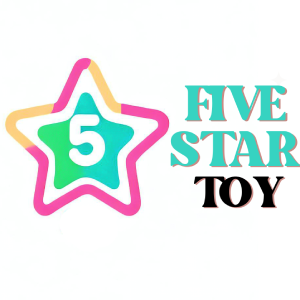

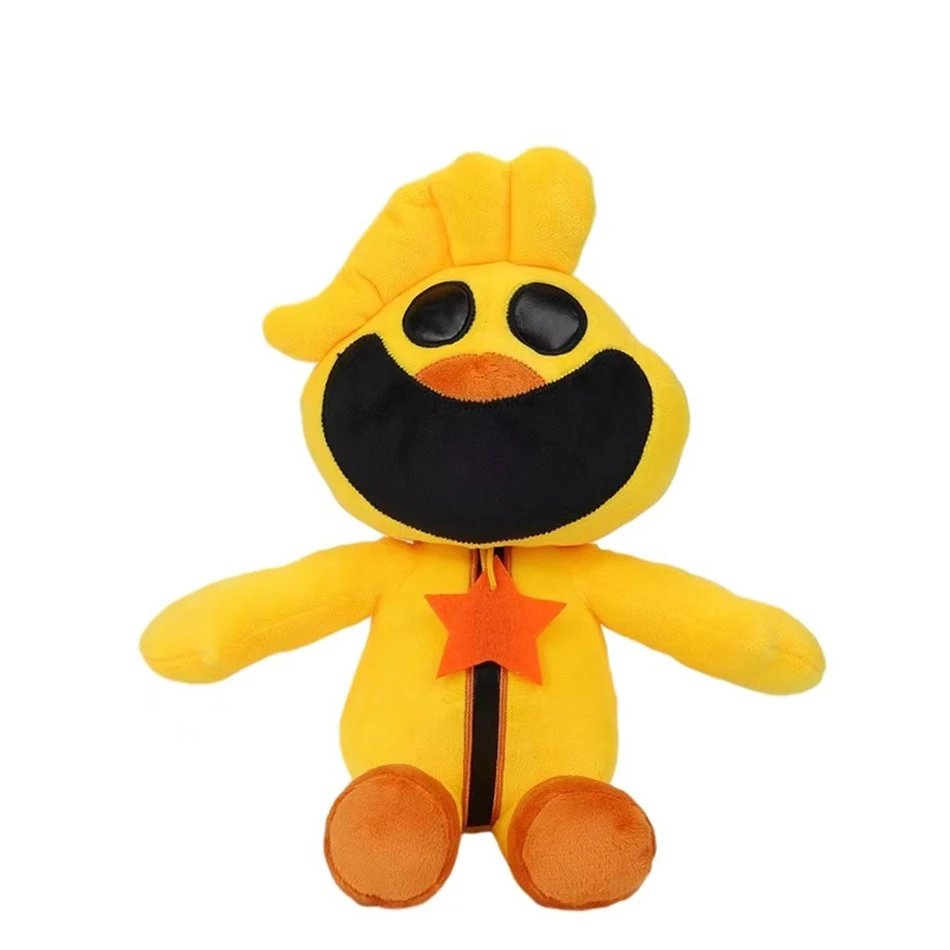
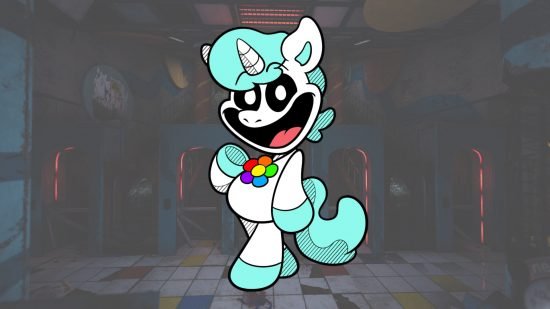
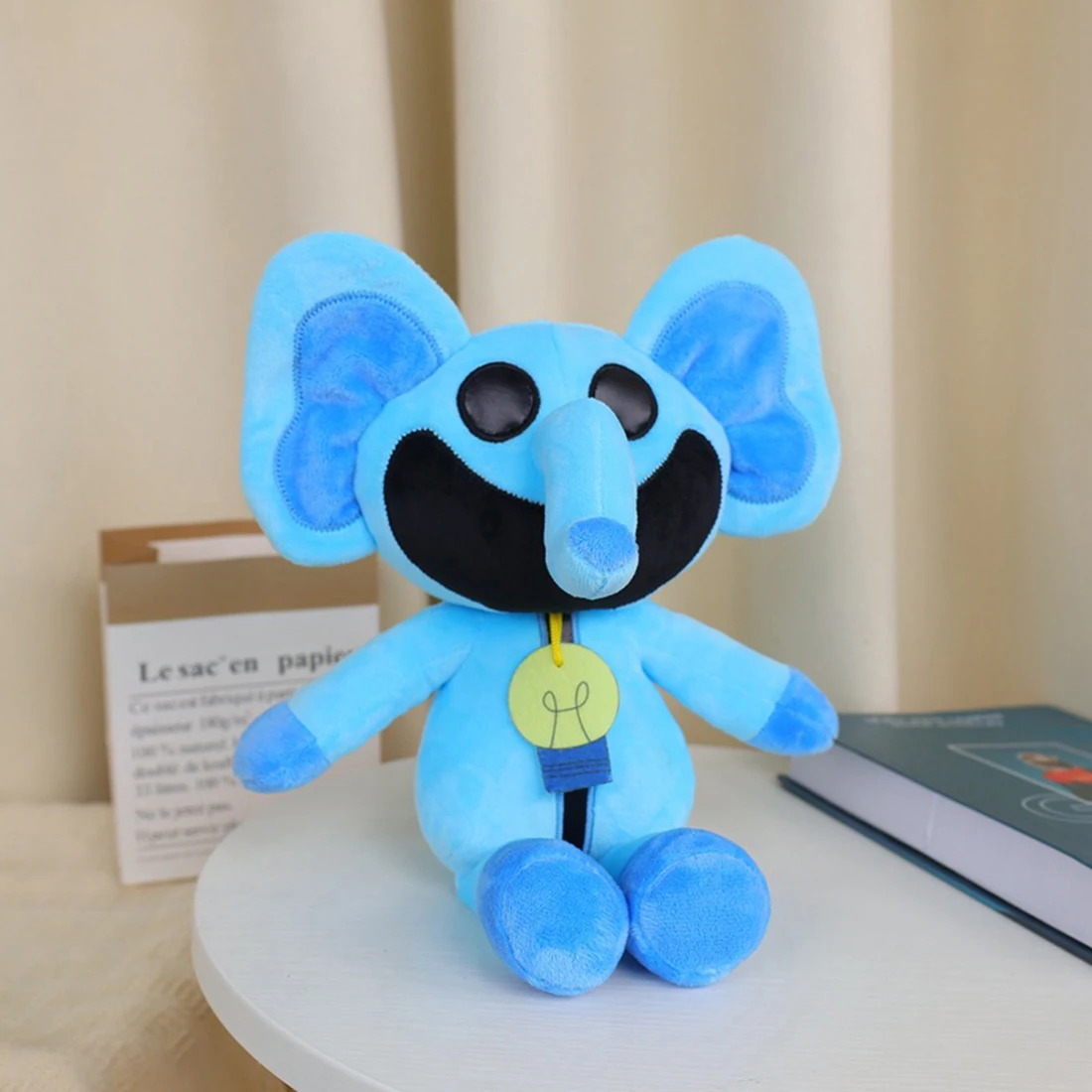
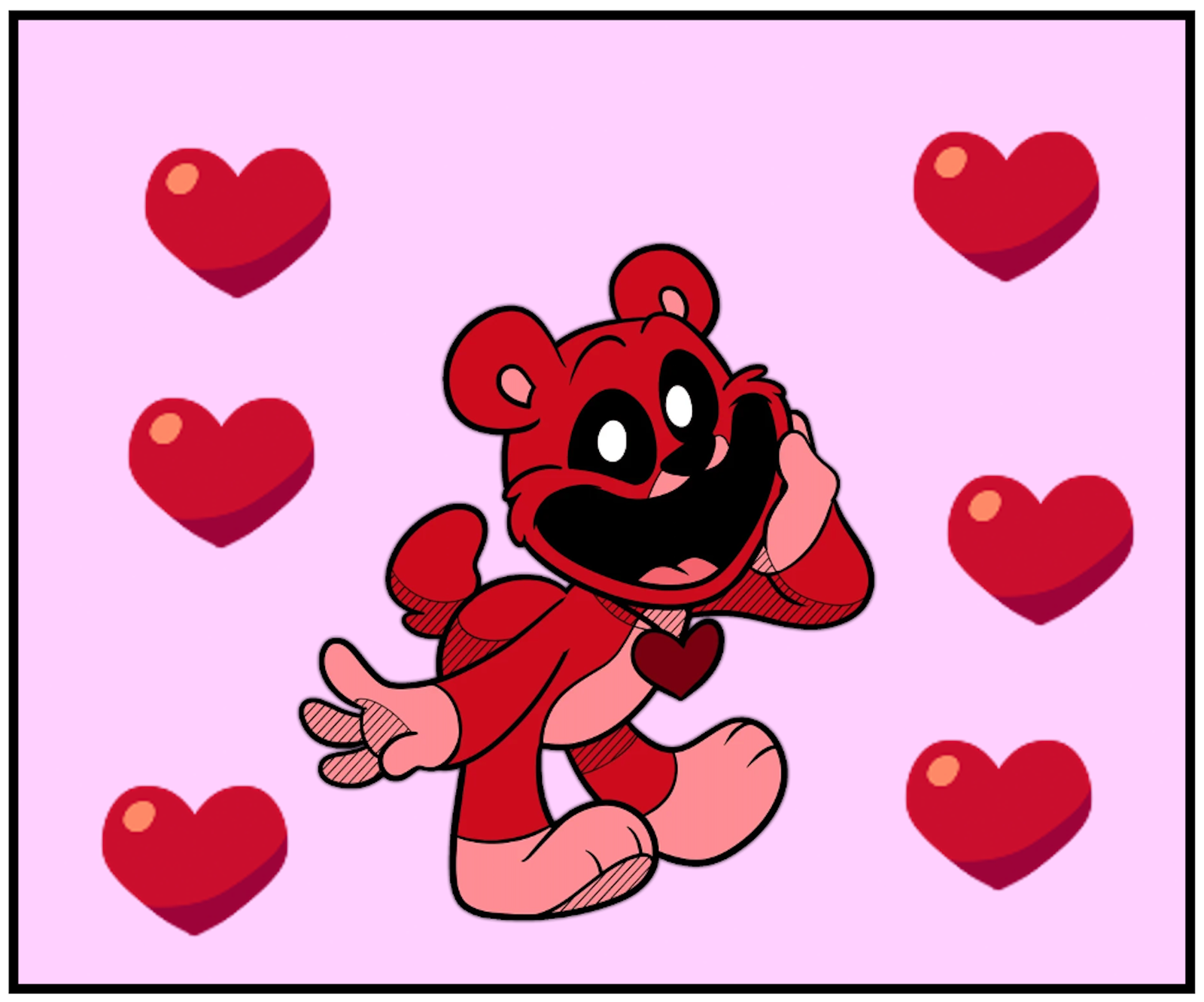
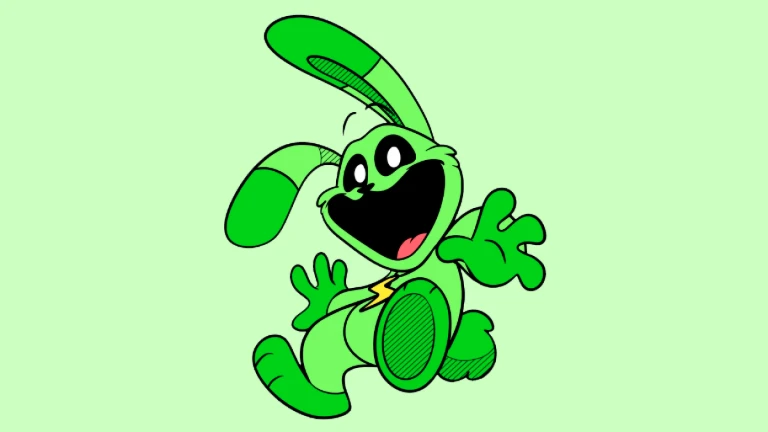

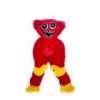
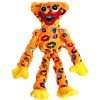

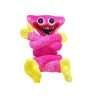
Leave A Comment